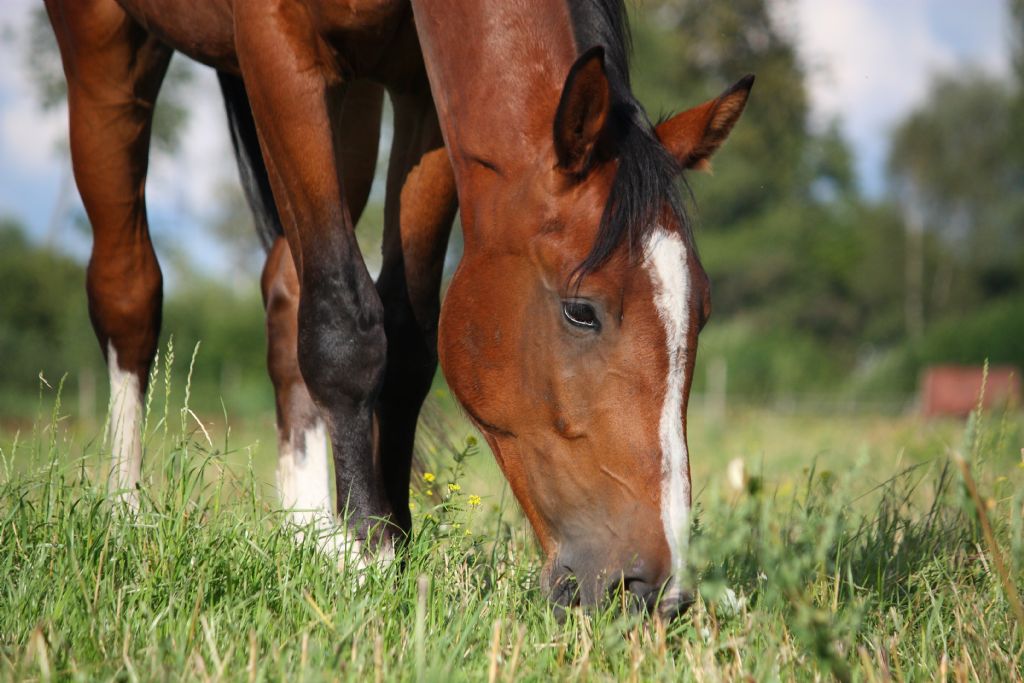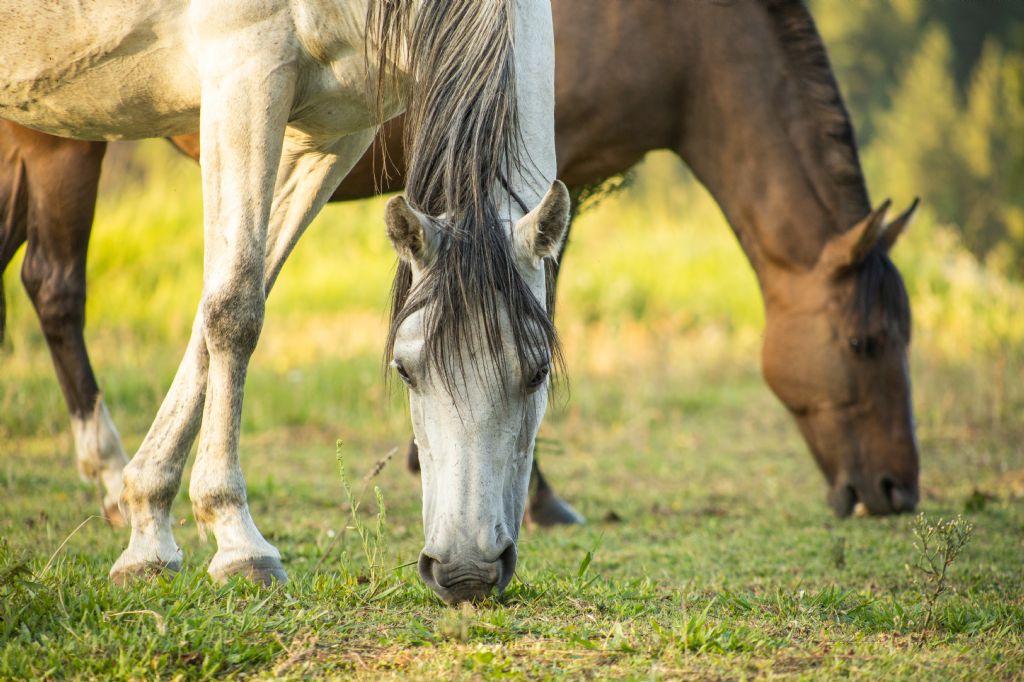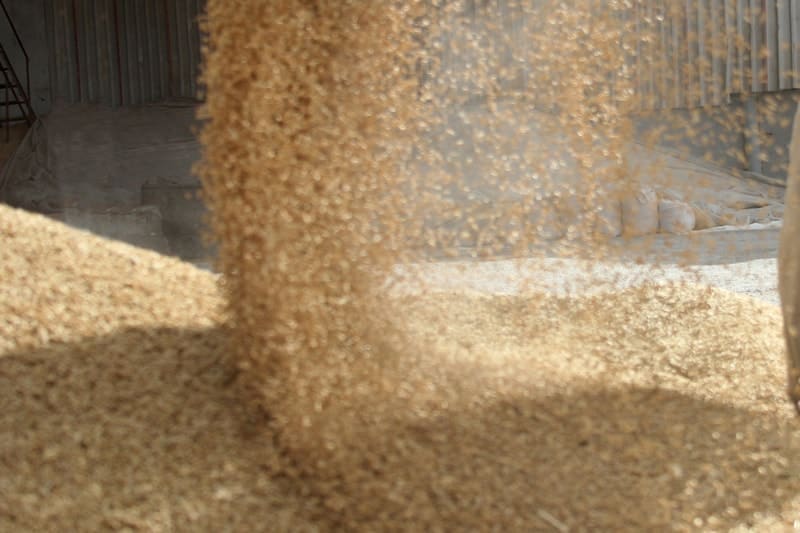Bluegrass News
Even the healthiest of horses may encounter digestive disturbances associated with fast-growing grasses and overconsumption. Overweight horses and ponies with insulin resistance are particularly susceptible to high sugar grasses. The amount of fermentable carbohydrates, in lush pasture often overwhelms the gastrointestinal tract, escaping digestion in the small intestine and passing to the hindgut. These carbohydrates or sugars are then processed in the hindgut, setting the stage for hindgut acidosis, and potentially resulting in laminitis or colic.
However, there are things you can do to reduce the potential problems associated with spring grazing and help your horse’s digestive system handle the spring grass:
- Gradual Introduction - As with any changes to your horses’ diet, they should be introduced to grass gradually. Sudden changes to their diet can lead to gut microbiome imbalances, which can reduce the efficiency of digestion and nutrient utilisation. You can do this by slowly introducing your horse to grass over seven to ten days, slowly increasing their access and length of time spent grazing.
- Continue to offer hay - Spring grass contains a lot of water and little fibre, therefore offering additional hay will ensure their fibre needs are met.
- Provide a balanced diet - It is important to provide a balanced diet even for horses and ponies on restricted diets. Providing a fortified feed or low-calorie balancer such as Stamm 30, will provide nutrients lacking in grass and other forages.
- Regularly Body Condition Score – To help monitor your horse’s weight throughout Spring & Summer, body condition scoring can be a helpful tool. Regular assessment allows for any appropriate dietary changes to be made. Moving from a lower energy forage source such as hay or haylage to high sugar grass will provide a higher level of energy and calories therefore a lower calorie/energy concentrate feed may be more appropriate such a Bluegrass Re-Lite or Stamm 30.
- Restrict time at grass – Horses that have or at risk of developing metabolic disorders such as laminitis or insulin resistance should have their time spent grazing restricted. The use of dry lots is a good way to increase turnout and reduce time spent grazing.
- Clean Water – Check your horses water supply daily. Water bucket and drinkers should be cleaned twice a week.
For more information or advice, contact the Bluegrass Horse Feed nutritional helpline – (0)28 3754 8276 or info@bluegrasshorsefeed.com.












